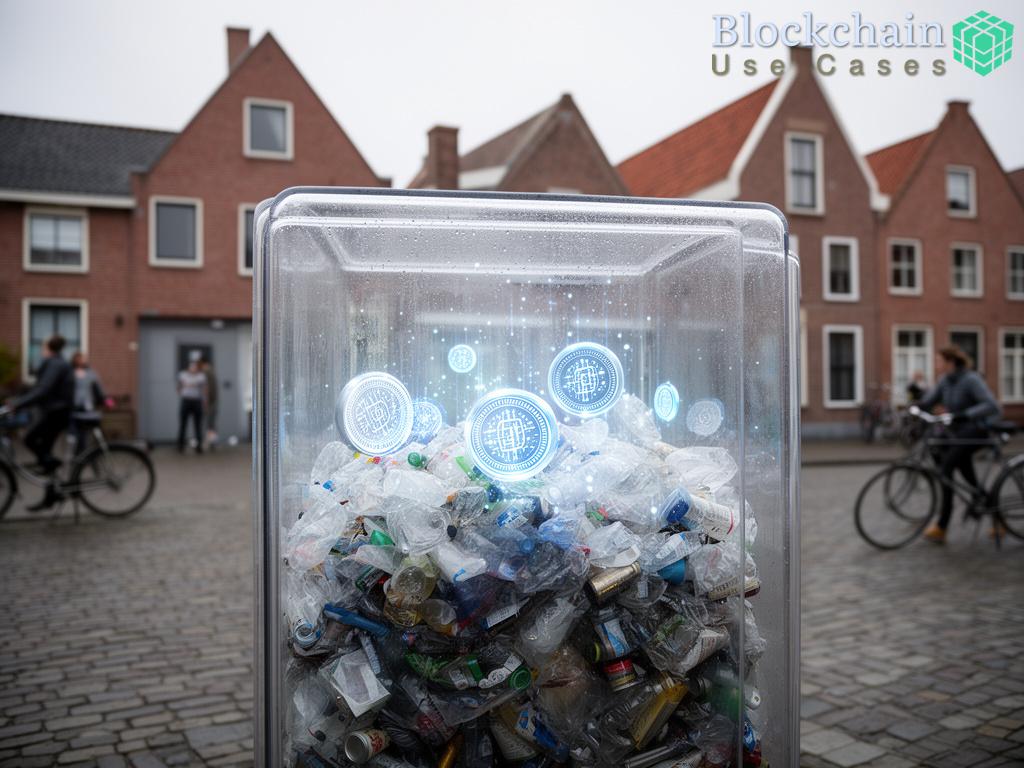The integration of blockchain technology into supply chain management is not just a trend; it’s a transformative shift that promises to enhance sustainability reporting significantly. As businesses strive to meet the rising demands for transparency and accountability, blockchain provides a solution that ensures data integrity and traceability. This technology empowers organizations to disclose their sustainability efforts accurately and effectively, paving the way for a more responsible and ethical business landscape.
Empowering Sustainable Practices Through Immutable Records

One of the remarkable features of blockchain is its ability to store data in a decentralized and immutable manner. This characteristic plays a crucial role in sustainability reporting, as it allows companies to maintain accurate records of their sourcing, production processes, and distribution channels. By utilizing blockchain, businesses can demonstrate their commitment to sustainability by providing verifiable proof of their environmental and social practices.
- Enhanced Traceability: Companies can track the journey of materials from origin to consumer, ensuring adherence to sustainable practices.
- Real-Time Data Access: Stakeholders can access up-to-date information, fostering trust and transparency.
- Reduced Risk of Fraud: Immutable records decrease the chances of misinformation and greenwashing.
Building Trust with Stakeholders and Consumers
In today’s market, consumers are increasingly conscious of their purchasing decisions. They demand transparency from brands regarding their supply chain practices. Blockchain can bridge the gap between companies and consumers by providing them with the assurance that products are sourced and manufactured responsibly. This trust not only enhances brand loyalty but also aligns with the growing trend of responsible consumption.
Moreover, businesses can leverage blockchain to share their sustainability reports with stakeholders in a manner that is both credible and accessible. This fosters a culture of accountability and encourages continuous improvement in sustainable practices.
Navigating Challenges and Embracing Opportunities
While the benefits of integrating blockchain into supply chain sustainability reporting are clear, organizations must also navigate various challenges. These include the initial costs of implementation, the need for industry-wide standards, and the integration with existing systems. However, the long-term advantages—such as improved efficiency, better compliance with regulations, and enhanced reputation—far outweigh these hurdles.
As the adoption of blockchain technology continues to grow, businesses that embrace this innovation will not only improve their sustainability reporting but also gain a competitive edge in the marketplace. The future of supply chains is here, and it is transparent, accountable, and sustainable.





